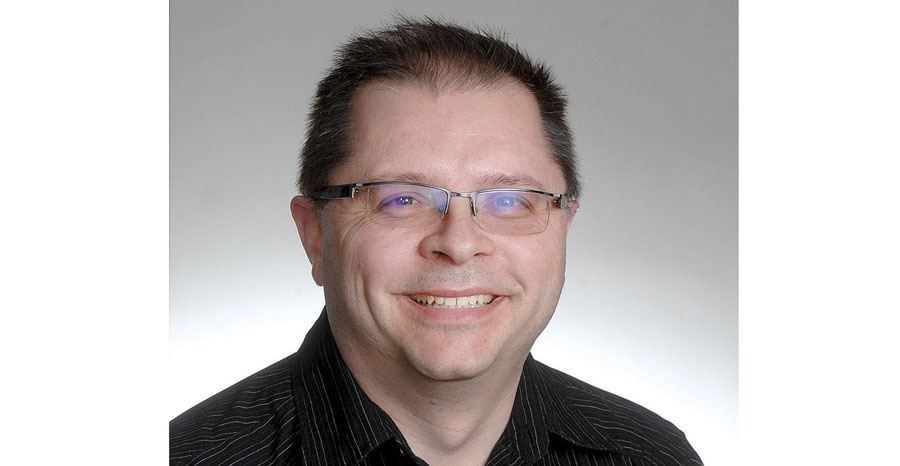The worst thing about the fuss over the renaming of Fort George Park as Lheidli T'enneh Memorial Park isn't the racist and insensitive comments, although those are pretty bad. The worst thing is that events like this overshadow other important issues of the day.
When all is said and done, the name of the park doesn't change the nature of the park a single bit. It is still a large, beautiful space in the middle of the city that brings people together, just like parks are supposed to do. That's the horrible irony of this situation - the name of a public space designed to build a sense of community is dividing the community.
Earlier Monday, before city council held its vote to rename the park, about 50 people walked from City Hall through downtown, most of them dressed in purple, to mark World Elder Abuse Awareness Day. With about 10 per cent of seniors expected to be abused or neglected before they die, according to Wendy Brophy, co-chair of the Prince George Community Response Network, this is a major problem that can't be ignored.
Seniors are vulnerable to various forms of abuse, most of it around denied accessibility.
From a medical standpoint, a senior restricted from glasses, hearing aids, walker, proper prescriptions, a complete and balanced diet, timely treatment of illness and regular visits to his or her doctor is being abused.
The abuse can also be in the form of taking away personal rights and freedoms, such as proper clothing, access to friends and other family members, attending church and social functions, driving, exercising and even using the computer, the telephone and household appliances.
The most common form of elder abuse is financial, as family and friends use pressure to get wills changed and funds pulled out of bank accounts. The intimidation is often emotional manipulation but it can also be threats of harm or outright physical violence.
As the population of Prince George and Canada gets older and the bulk of the baby boomers enter their retirement years, this problem will only increase. Ageism is a real and still socially tolerated form of discrimination. For every advertised seniors discount, there are hundreds of vicious verbal attacks on the physical and mental conditions of the elderly in social settings.
Standing up for seniors isn't about respect, it's about protecting vulnerable members of society from the immoral individuals willing to steal their money, their possessions and their very lives for profit.
On the other end of the spectrum, children are vulnerable and deserving of protection, even the ones who display courage in the face of intense adversity. For Milan Halikowski, a 13-year-old transgender teen, who will receive the Phoenix Award during Pride Week in Prince George next month for his embodiment of strength, beauty, rebirth and inspiration, there are those who would rob him of his very identity. Although his birth certificate states female as his gender, he sees a young boy in the mirror and presents himself to the community as a boy. Like elders, he should live free from abuse and his identity should not make him a target.
This is where the words matter, whether it's a city park, elder abuse or a transgender boy. Halikowski has educated us at The Citizen about words. In his story in the print edition of Monday's Citizen, a headline identified him as a "transgendered" teen. Canadian Press prefers transgender as the adjective and so does the transgender community. It may seem like splitting hairs but it makes sense. From a grammatical standpoint, there is no such thing as a "maled" teen or a "femaled" teen so "transgendered" also shouldn't apply.
For seniors and elders, being identified as old and elderly is one thing but being identified as a geezer or a fogey is something far more harsh, cruel and even threatening.
As for a city park with an aboriginal name, consider this: of the 151 city parks in Prince George, five of them are named after Catholic saints. Not a single one had an aboriginal name until Monday night. The only other one even remotely close is Chief Memorial Park, a remote ball field on Western Road across the street from Beaverly elementary.
There are other important things going on in Prince George besides renaming a park but using proper language to convey respect and inclusion, instead of causing harm, always matters.



